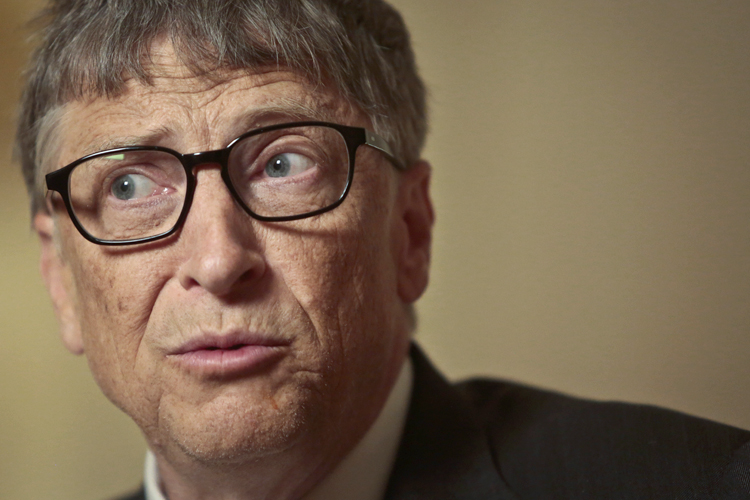Microsoft has a new CEO, and the world is still revolving normally around its axis. For Amazon or Facebook a change at the top would be earth-shaking, akin to the ascension of Tim Cook at Apple after Steve Jobs’ demise. But for Microsoft, the rise of longtime veteran Satya Nadella feels anticlimactic. And not just because Microsoft’s first change of CEO, when Steve Ballmer took over from Bill Gates, took place 14 long years ago. It’s also pretty clear that Microsoft took the safe choice in Nadella — a man who has been bleeding the company’s colors for 22 years. If Microsoft shareholders eager for a higher stock price were looking for a big bold change of direction, they’re likely disappointed.
Indeed, they might be outright disgruntled. The most intriguing aspect of the end of the age of Steve Ballmer is that, according to media reports, Bill Gates may end up with more of a hands-on role in steering Microsoft forward than he has in years.
In Satya Nadella’s letter to Microsoft employees, he says that “I’ve asked Bill to devote additional time to the company, focused on technology and products.” In a video released by Gates himself, the former chairman, CEO and founder says that he’ll be spending “one-third” of his time working for Microsoft.
I’m trying to think of other scenarios in which a chairman of a company who was reportedly being forced to step down because shareholders wanted to move in bold new direction ended up having more influence on the company’s “technology and products” after the regime change, but I’m coming up dry. It seems reasonable to assume that Gates still wields considerable power in determining the future of Microsoft.
One thing that hasn’t changed, however, is Microsoft’s singular ability to be simultaneously arrogant and banal. Nadella’s letter includes the following assertion:
We are the only ones who can harness the power of software and deliver it through devices and services that truly empower every individual and every organization.
That’s just nonsense: Over the past decade, Google, Amazon and Apple have all been far more effective than Microsoft in bring new devices and software to market that truly empower individuals and organizations. In the 1990s, Microsoftian arrogance had some teeth behind it. In 2014, it just sounds silly.
And then there’s the quote that’s been getting the most play in the tech media press, presumably as evidence that Nadella, who most recently was in charge of Microsoft’s cloud-services efforts, truly understands the current nature of the age:
I believe over the next decade computing will become even more ubiquitous and intelligence will become ambient. The coevolution of software and new hardware form factors will intermediate and digitize — many of the things we do and experience in business, life and our world. This will be made possible by an ever-growing network of connected devices, incredible computing capacity from the cloud, insights from big data, and intelligence from machine learning.
OK, there’s nothing wrong with Nadella’s analysis. But that’s because it is pretty much the same boilerplate we’ve been hearing from anyone who is in the thick of the action since at least as far back as the beginning of our massive shift to mobile computing. Again: Apple, Amazon and Google have all been operating on the premises outlined in that quote for years. Apple has excelled at the device level, Amazon provides state-of-the-art cloud computing to anyone who wants it, and Google has moved an impressive array of software productivity applications to the cloud.
It’s great that Microsoft’s new CEO recognizes the nature of the age. But that’s an awfully low bar to start with.

